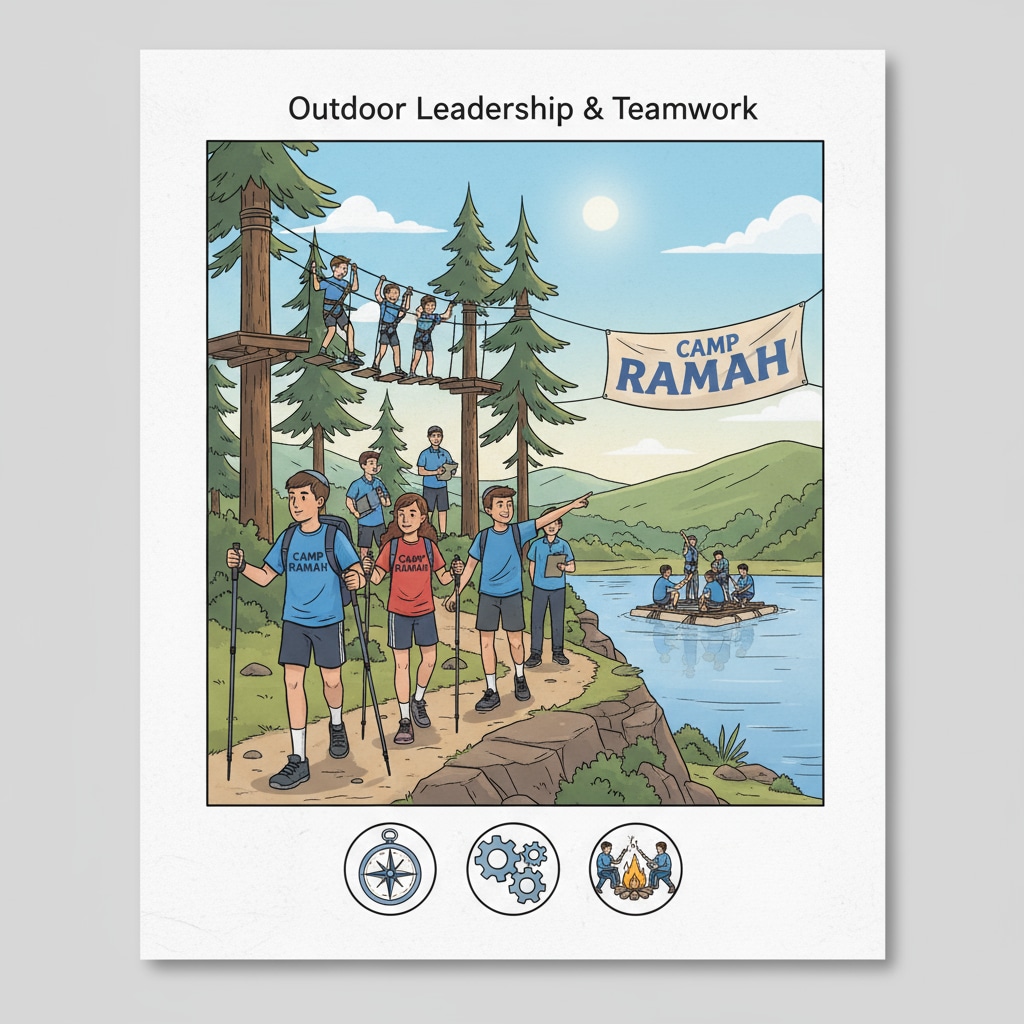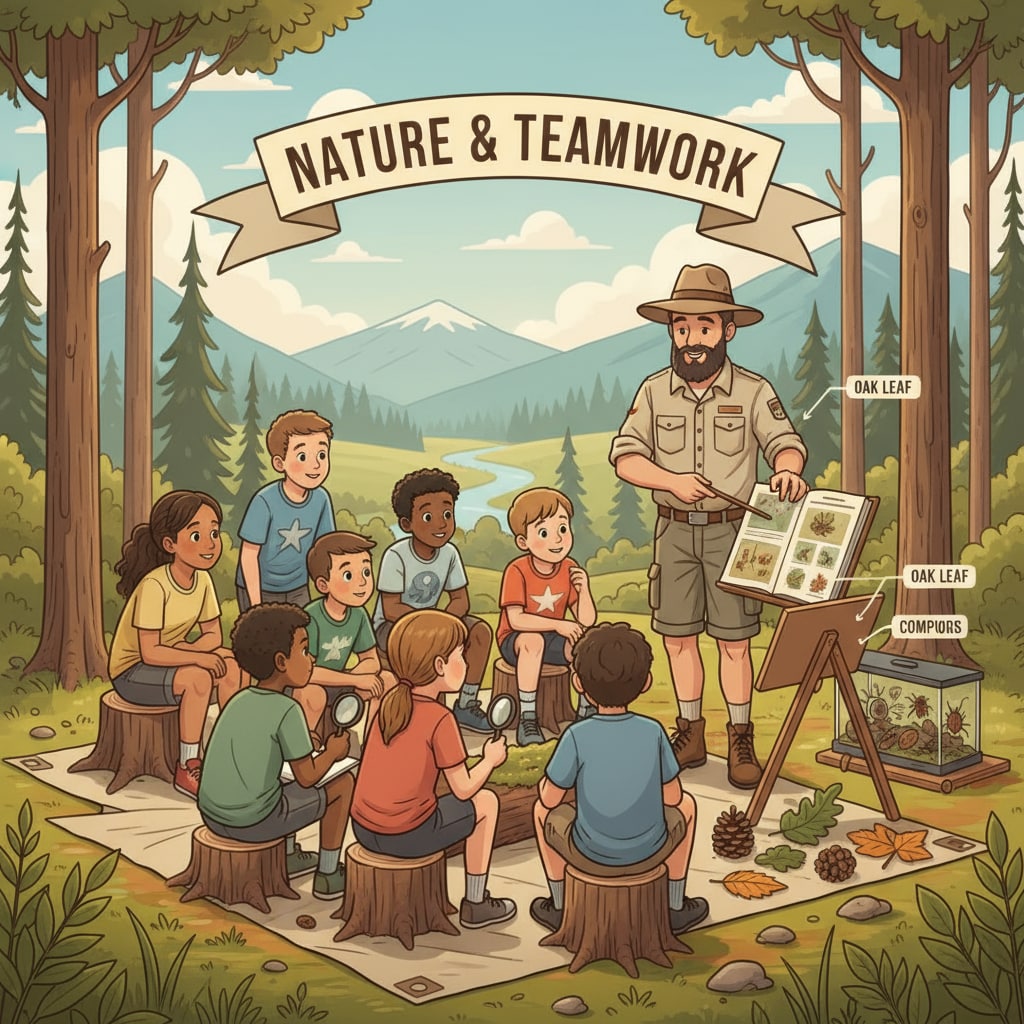School contracts, Camp Ramah, and outdoor education have become a topic of intense debate in the realm of public education. In recent times, the collaboration between public schools and certain educational camps, like Camp Ramah, has raised eyebrows and sparked discussions about the nature of education and the role of partnerships. Outdoor education is often hailed as a valuable addition to the traditional curriculum, offering students hands – on experiences and a chance to connect with nature. However, when public schools enter into agreements with camps that may have underlying ideological leanings, it poses a series of challenges.

The Rise of School – Camp Partnerships
In recent years, there has been a growing trend of public schools seeking partnerships with various educational camps. These partnerships are often seen as a way to enhance the educational experience of students. Outdoor education camps, in particular, provide opportunities for students to develop teamwork skills, leadership qualities, and an appreciation for the environment. Camp Ramah, for example, has a reputation for offering high – quality outdoor programs. According to Wikipedia’s entry on Outdoor Education, such partnerships aim to complement the in – school curriculum with real – world experiences. However, this trend also brings to the fore questions about the ideological neutrality of these camps.
The Concerns of Ideological Influence
One of the main concerns with public schools partnering with camps like Camp Ramah is the potential for ideological influence. Public education is supposed to be a neutral ground where students from diverse backgrounds can receive an unbiased education. When a school enters into a contract with a camp that may promote a particular ideology, it risks undermining this neutrality. For instance, if a camp has a set of beliefs or values that are not representative of the entire student body, it can create a sense of exclusion. As Britannica’s article on Education emphasizes, maintaining neutrality is crucial in public education.

Another aspect is the impact on educational fairness. If certain students feel that the camp’s ideology conflicts with their own beliefs or values, they may be less likely to fully engage in the outdoor education activities. This can lead to a situation where some students are at a disadvantage, as they miss out on the benefits that outdoor education can offer. Moreover, it can create a divisive environment within the school community.
Rethinking Partnership Criteria
To address these concerns, it is essential to re – evaluate the criteria for choosing educational partners. Schools should conduct thorough research into the ideology, values, and mission of the camps they are considering partnering with. They need to ensure that the camp’s offerings align with the principles of educational neutrality and fairness. Transparency is also key. Schools should communicate clearly with students, parents, and the wider community about the nature of the partnership and any potential ideological aspects.
In conclusion, while school contracts, Camp Ramah, and outdoor education can offer many benefits, it is vital to approach these partnerships with caution. By carefully considering the ideological implications and re – evaluating partnership criteria, public schools can ensure that outdoor education remains a positive and inclusive experience for all students.
Readability guidance: This article uses short paragraphs to present ideas clearly. Lists could be further incorporated to break down complex points. The use of passive语态 is minimized, and transition words like “however”, “for example”, and “moreover” are used to enhance flow.


